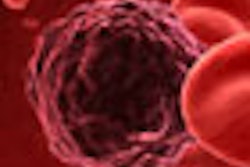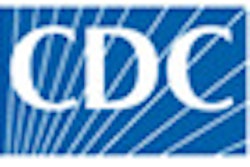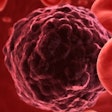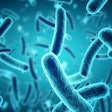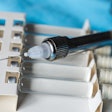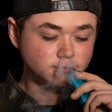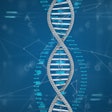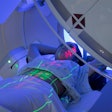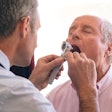
Maintaining good nutrition and sufficient calorie intake is critical for head and neck cancer patients who are undergoing treatment, and dental professionals can help cancer patients control common side effects of chemotherapy and radiation therapy, including oral mucositis, xerostomia, dysgeusia, and dysphagia, according to a study in the Journal of the American Dental Association (October 2011, Vol. 142:10, pp. 1163-1167).
Cancer can impact the oral and oropharyngeal areas, limiting oral function and affecting patients' ability to swallow, according to the study authors. In addition, nutrient demands of the tumor itself can increase the energy needs of cancer patients, and the tumor's byproducts can affect metabolism.
"Oral health and function affect patients during therapy for cancer and affect oral intake of food and medications, surgical outcomes, quality of life, complication rates, and tolerance of therapy," the authors wrote. "Clinicians should direct dietary interventions toward improving patients' desire and ability to eat and drink so they can meet their energy and nutrient needs and prevent malnutrition."
Oral mucositis is the most common and debilitating toxic effect of chemotherapy and radiation therapy, they noted. Ulcerative mucositis typically develops a few weeks after patients start radiation therapy, and it is more severe for those who have concurrent chemotherapy.
Good oral hygiene and atraumatic diets can help prevent and treat mucositis, according to the researchers. They suggest using palifermin for oral mucositis associated with stem cell transplantation, and cryotherapy for mucositis resulting from high-dose melphalan therapy.
Xerostomia also is common among head and neck cancer patients who get radiation therapy, which can affect a patient's ability to chew food and swallow. Chemotherapy typically results in temporary hyposalivation. Sucking on sugar-free candy and chewing gum between meals can stimulate saliva production, the authors noted. In addition, rinsing with sugar-free seltzer or bicarbonate solutions can provide temporary relief of nausea resulting from the thick saliva that also can occur.
A cancer patient's ability to taste is affected by both radiation therapy and chemotherapy, and those receiving chemotherapy may notice sour or bitter tastes from the drugs. Eating foods with intense flavors, such as smoky bacon or sharp cheese, can help, according to the authors.
Nausea is another problem which can affect patients' appetites. Recommended medications include 5-hydroxytryptamine-3 receptor antagonists, neurokinin-1 antagonist, and steroids. Nausea and vomiting can also be treated with anti-anxiety medications, including benzodiazepines.
In general, patients undergoing treatment for head and neck cancer should avoid beverages with sugars or acids, as well as sugar-sweetened candy and gum, juices, dried fruits, and snacks rich in simple carbohydrates, the authors noted.
"Oral healthcare professionals should be part of the multidisciplinary team helping meet the needs of [cancer] patients during treatment," they concluded.




